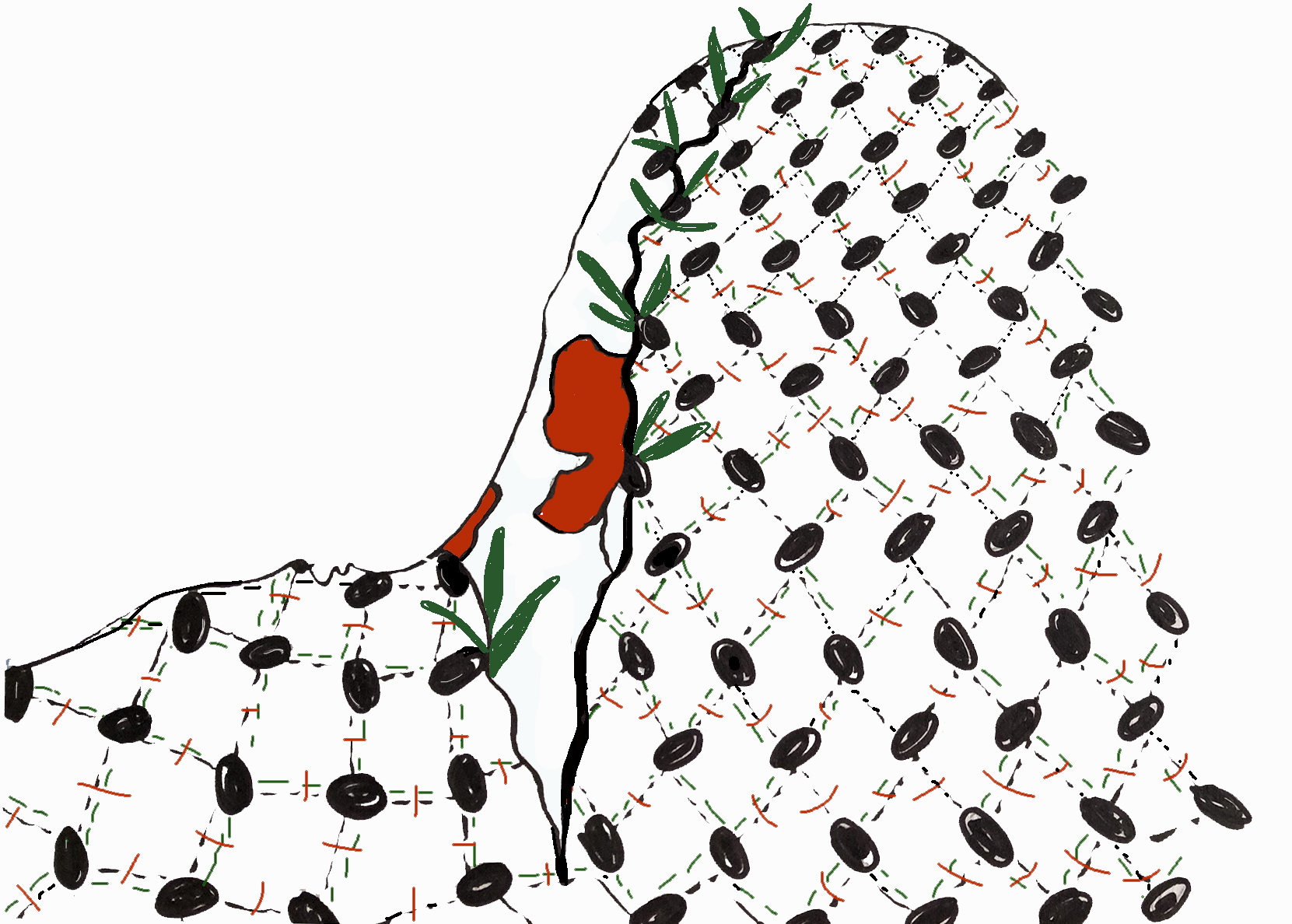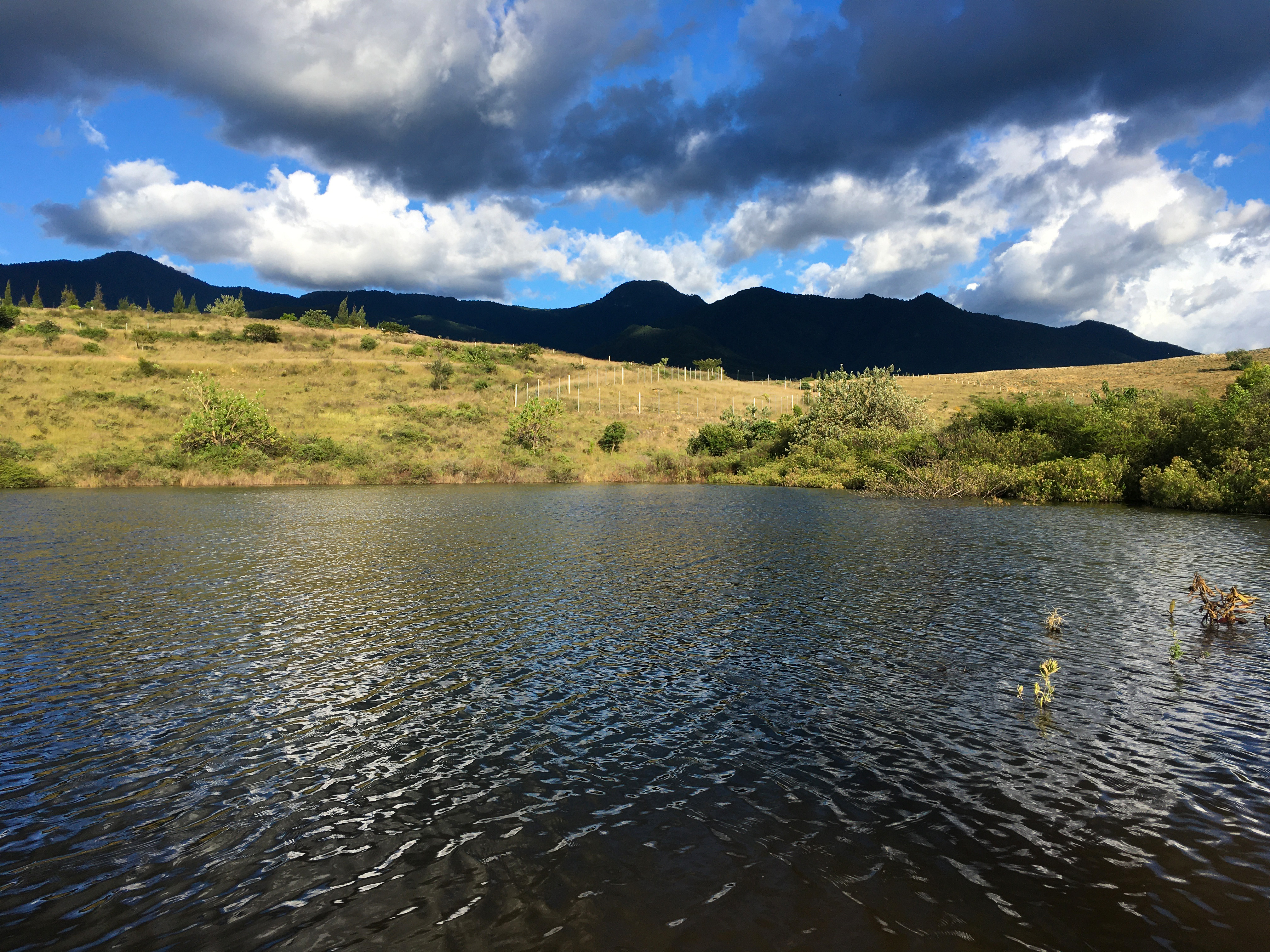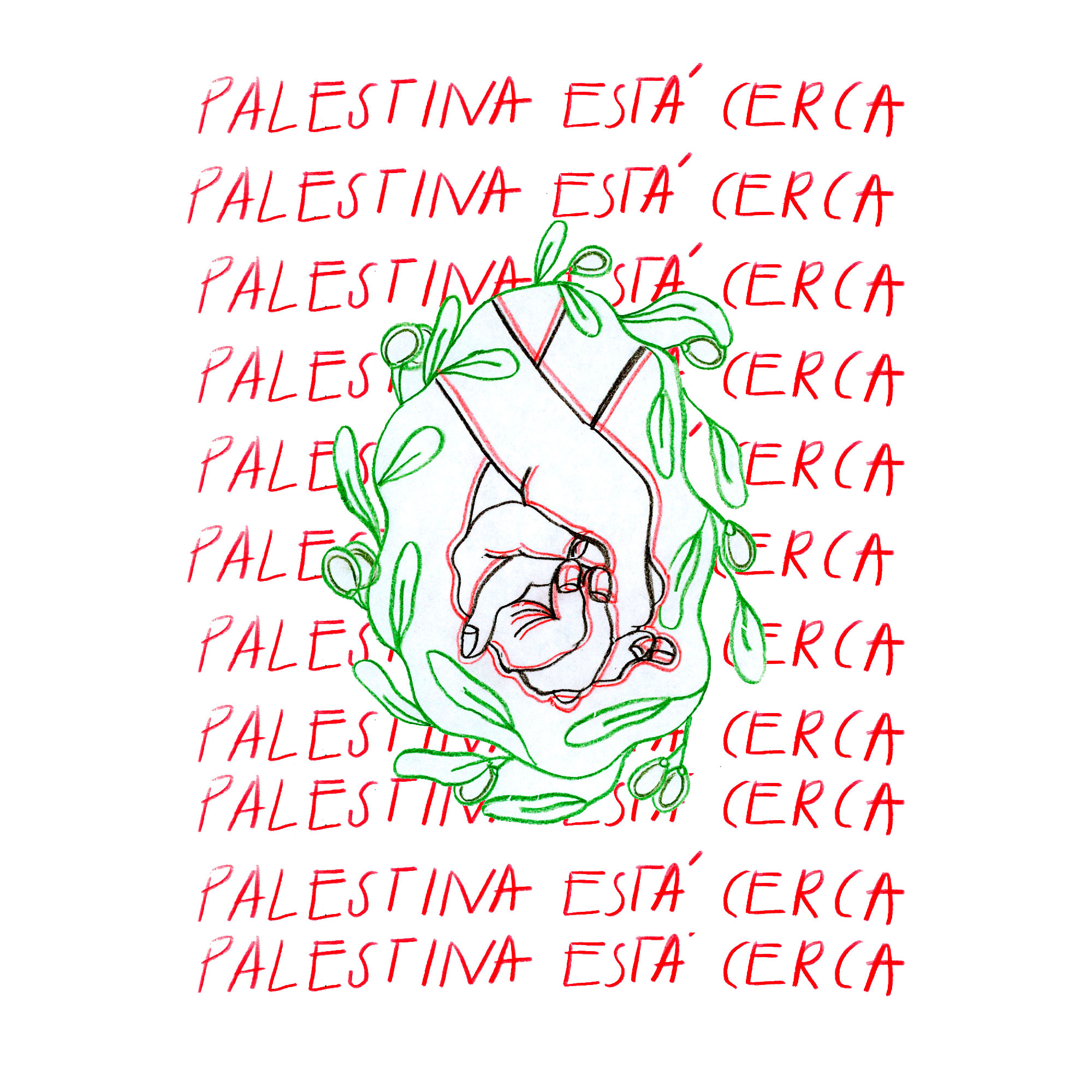Archive
Becoming Palestinian
Image by Dasha Chernysheva. During the last assembly of the Arts Collaboratory network, the grave situation in the Palestinian territory resulting from the violent escalation of a long-lived extermination policy, was one of the cross-cutting themes. The absence of representatives from Al Ma'mal and Riwaq - Centre for Architectural Conservation, the two organizations in the network that operate from the Palestinian territory, made it imperative to reflect on this issue. Understanding the power and responsibility that cultural work demands from us, we dedicated a session given by the Palestinian architect, artist and cultural manager, Yazan Khalili, to learn from the history that contextualizes the series of violent events that the Palestinian people face today at the hands of the state of Israel and to understand the different positions and edges of the mass large-scale aggression. Left on the table from this session were powerful concepts such as understanding the sharing of knowledge as an action of solidarity; but above all the responsibility we have to speak, to make known the stories of what happens in Palestinian territory and make visible the series of injustices that happen with the encouragement and culpability of the world powers, to the detriment of human rights and therefore of life on this planet. In an attempt to answer what more we can do from our own practices, contexts and networks, the initiative to create this special edition of More of Us arose to explicitly express our solidarity with Palestine. With the conviction that solidarity arises from everyday practice, from what we sometimes think of as small, overcoming not always knowing what can be done and even the fear of doing or saying something, we hold on to the power of symbolic acts, of the force that is ignited when we read each other, listen to each other and generate conversations and share knowledge. In the words of Yazan Khalili, "to become Palestinian" is to become human beings and for this it is necessary to activate processes that allow us to know, to understand, to act and to take a position.
Local Knowledge Networks
Climate Justice
Climate change is forcing economic transitions among the poorest sectors and will accelerate the shift from self-consumption agriculture to other forms of underpaid labor in urban centers. This has serious implications for increased food and ecosystem vulnerability. In the urgency of a broader debate around climate justice, over the coming months, More of Us will address the relationships woven by a variety of initiatives in the territory towards self-management and food sovereignty. Stories that move away from the paradigm of development, permanent growth and its agro-industrial machinery, while weaving interspecific approaches to the reproduction of life from situated knowledge in the Global South. ...
Open Letter from AC Ecosystem
Open Letter
⭕ We do not remain silent about genocide: 🇵🇸 Open letter from Arts Collaboratory ecosystem in Support of Palestinians
EDT 1 / February 2022
Solidarity Edition
Solidarity must become concrete action to fight against inequalities, to return to mutual aid, to believe and trust in others and thus undertake mechanisms that can confront the voids and injustices of capitalism. In this sense, cooperativism is key. This edition was produced with support from the Web Residencies program of Akademie Schloss Solitude and with Bruise Magazine.




